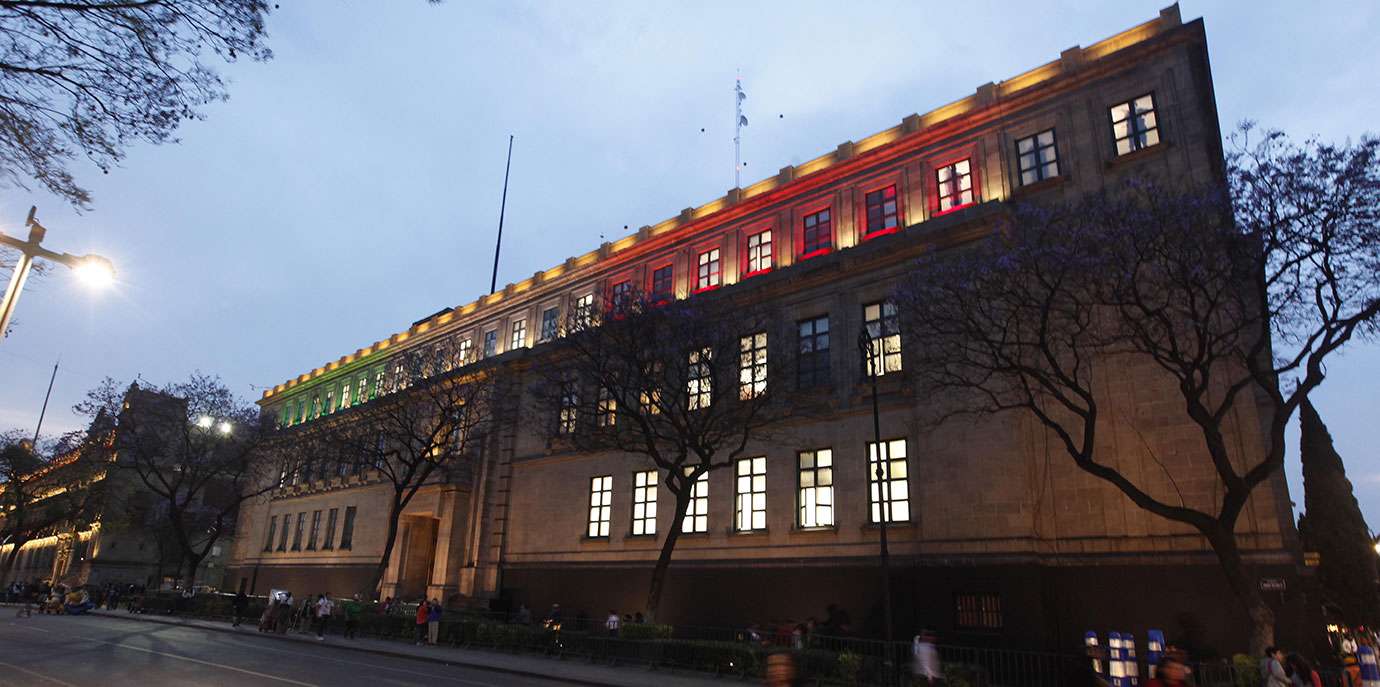Mexican Supreme Court Issues Binding Ruling Against Pot Prohibition
The court says the government may not prosecute people for possession, use, or home cultivation of marijuana.

Yesterday the Supreme Court of Mexico issued two more rulings against marijuana prohibition, which means courts throughout the country will now be bound by the conclusion that prosecuting people for consuming cannabis is inconsistent with the Universal Declaration of Human Rights.
According to a summary from the court, "The fundamental right to the free development of the personality allows persons of legal age to decide—without any interference—what kind of recreational activities they wish to carry out and protects all the actions necessary to materialize that choice." While "it was clarified that this right is not absolute and that the consumption of certain substances could be regulated," the court added, "the effects caused by marijuana do not justify an absolute prohibition on its consumption."
The court reached a similar conclusion in three earlier cases, decided in 2015 and 2017. Under Mexican law, five Supreme Court rulings on the same issue set a binding precedent, so people charged with offenses related to their own cannabis consumption should now be able to get the cases dismissed. The decisions do not extend to commercial production and distribution, and they do not directly change the law. But the upshot is that Mexicans can no longer be punished for possessing, sharing, or growing marijuana for personal use.
"The ruling only applies to personal possession and private use, and cultivation in the home for such use," Steve Rolles, a senior policy analyst at the Transform Drug Policy Foundation, told Marijuana Moment. "It also allows for sharing. So the situation will be somewhat similar perhaps to the give-and-grow schemes in Washington, D.C., and Vermont in that it doesn't allow for commercial sales, though that seems likely to follow when lawmakers act to implement the ruling. Until the legislation is adopted, we will be in something of a gray area." In a press release, Rolles observed that "legalisation of cannabis in Mexico means you can now travel the entire West Coast of North America, from the Arctic circle in Canada to the Mexican border with Guatemala, without leaving a legal cannabis jurisdiction."
Reuters reports that "officials in the incoming government of President-elect Andres Manuel Lopez Obrador have indicated they could take steps to legalize marijuana quickly as part of a broader strategy to fight poverty and crime." If that happens, the United States will be sandwiched between northern and southern neighbors that have repealed marijuana prohibition at the national level.
"This is extraordinary because it is taking place in one of the countries that has suffered the most from the war on drugs," Hannah Hetzer, senior international policy manager at the Drug Policy Alliance, said in a press release. "With marijuana already legal in Canada, now both of the US's neighbors will have legal marijuana, making the US federal government's prohibition of marijuana even more untenable."
[This post has been revised to clarify that the marijuana rulings were based on Article 22 of the Universal Declaration of Human Rights.]


Show Comments (18)